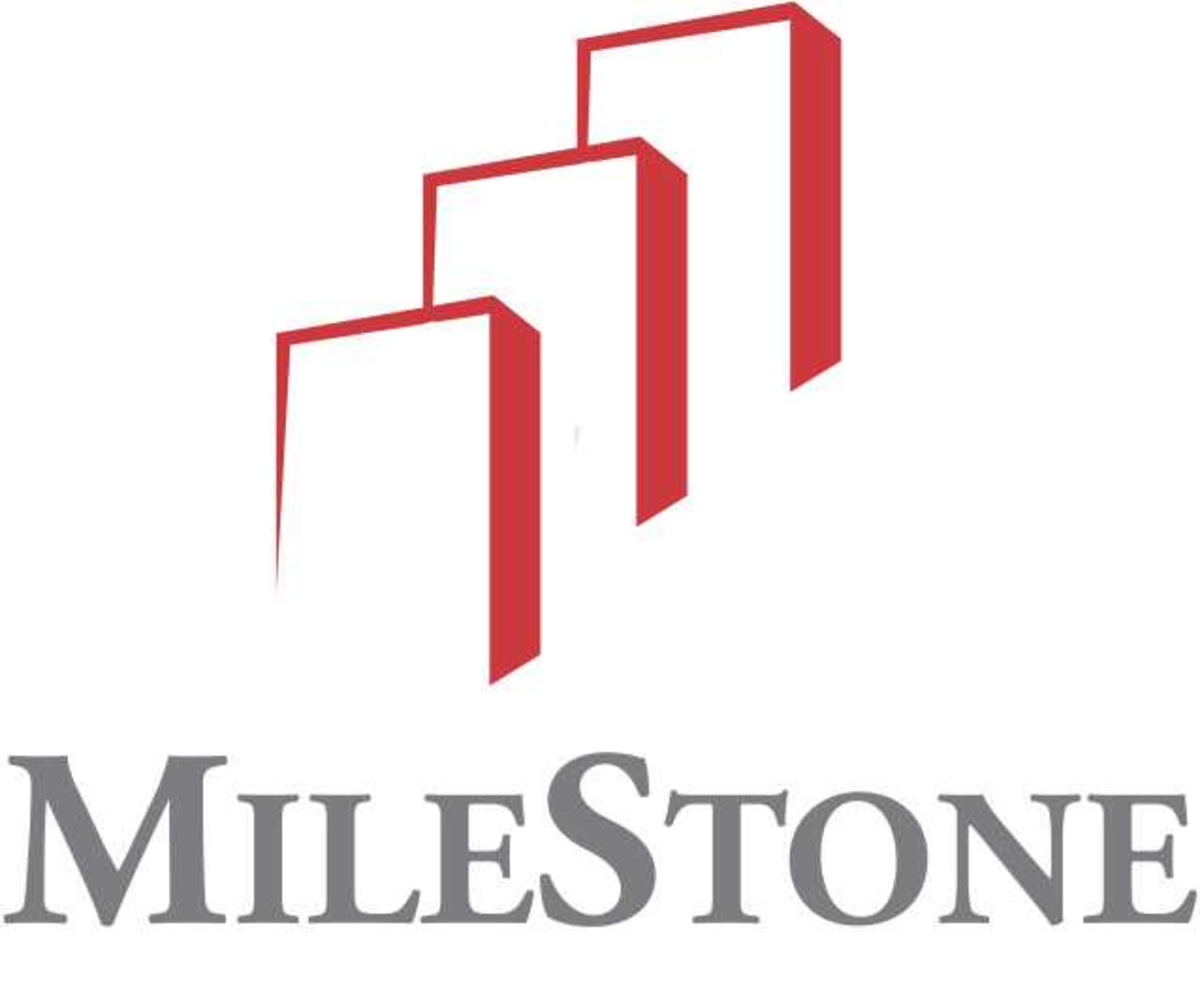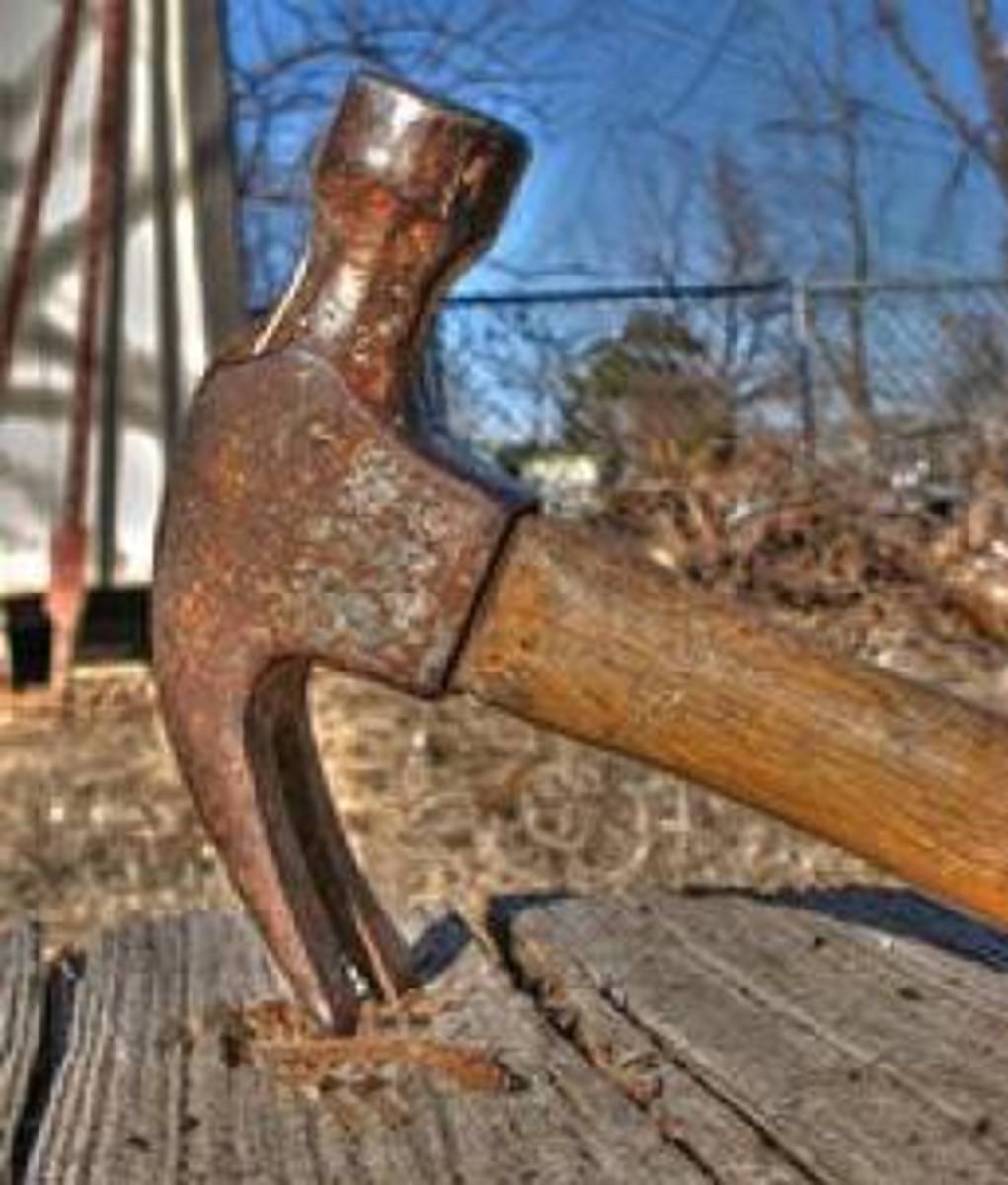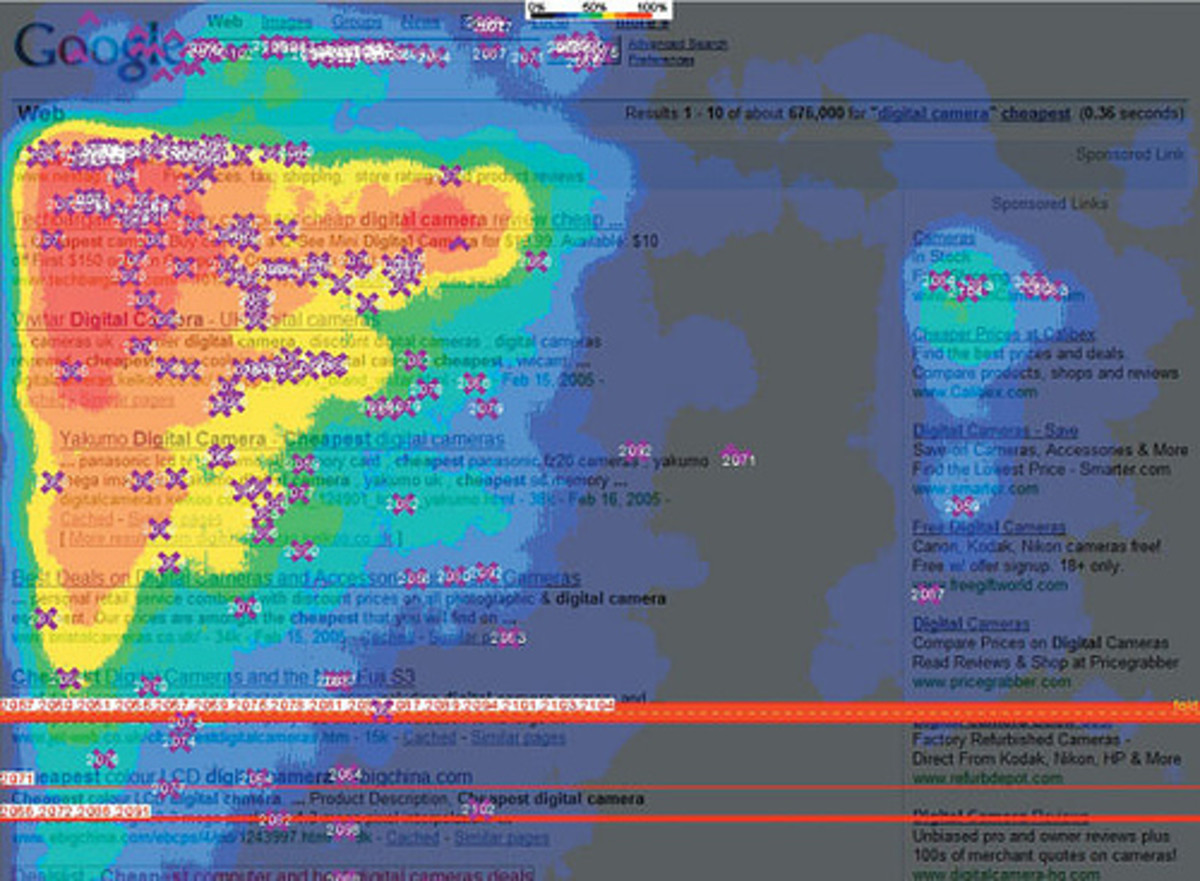Organic Traffic - How to Raise Your Profile Using SEO
What Is Organic Traffic And Why Is It Important?
Organic traffic is the search traffic that you gained naturally from various search engines using a technique called SEO. SEO is an acronym for search engine optimization, and doing certain things that are well-recognized first steps for SEO will earn you more organic traffic from natural human searches in the popular engines.
The importance of gaining this organic traffic should be obvious. If you want your work recognized or want visitors to your site without having to pay for advertising, the primary way and most lasting method is through these various search engine optimization steps. They will need to be used on any hub, website, or blog you write on. Without these methods you will have to pray to the search engine gods that you will be found, and from what I have been told they are not very responsive to those that ignore what they are looking for.
Almost anyone who teaches SEO techniques for earning organic traffic will tell you to focus on Google. Even if you don't personally use Google or just not very often, their engine accounts for roughly 70 – 80% of all organic traffic to pages from any given web search term. It is generally accepted that whatever works to get you ranked high in the Google SERPS (search engine results pages) will have a positive effect in Yahoo, Bing, and other search engines. There are specific things you can do for the others, but that is beyond the scope of this hub.
The process of optimizing for organic traffic from search engines starts with what is known as “on-page” optimization. This simply describes the factors that are used exclusively locally on your site or page to assist the search engines in finding and ranking you. The most important of these techniques are described further below.

On-Page Optimization for Organic Traffic
So what do you need to do to guarantee that you get more organic traffic to your page? Well, it all builds from your keywords. Keyword research can be a lengthy topic of discussion that hopefully you have already looked into. If not, there are some recommended hubs at the bottom of this one to help you, but your SEO efforts must begin with selecting good keywords. When you have done good keyword research, you will have determined what people are searching for and you will be able to provide them exactly that.
Let's say that you are passionate about hats. You just designed a type of Derby, and you would like to write a page about that, or maybe your goal is to get people to buy your hats. From the keyword research you did you have found that people are searching for “pink derby for women”. Those are the keywords you will want to write for and target. There are some easy places to put those keywords where they can earn you a look from the search engines and should help translate into a higher ranking which leads to a better level of organic traffic coming to your page about a pink derby for women.
Your keyword phrase needs to be well represented on you page. You do not need to write “pink derby for women” in every other sentence, though. You simply want to make it easy for the search engines to pick it up that your page is about the phrase you are targeting, and this is done a few specific ways.
The two most important places to have your keyword string is in the Title and in the URL of the page. It has been proven over and over again that it is possible to get on the first page of Google for low competition phrases with just those things done and nothing else. If you can rank and get the organic traffic for lower competition phrases, you should absolutely want to start there for the higher competition spots. You should choose a natural sounding title that will get your reader to want to look at your page. Entice them somehow. You could title the page Pink Derby for Women, but that's not very compelling. A better choice could be something like Don't Get Left Behind in the Pink Derby for Women Trend or Pink Derby for Women – It's the Next Sliced Bread or something like that. (I know those are goofy, but what do I know about hats?)
When you go to select your URL, either here or on another site, you will want to be mindful that your keyword phrase is also represented within it. Here at HubPages when you type in your title if you don't change anything the whole title string becomes the URL. That's OK in some cases, but you may want to remove all words except for you exact keyword phrase. You can do this by simply dropping down to the the box where your URL is displayed before you save your hub, and retype that URL to whatever you want it to be. If it is not already in use by someone else, then that will be your page's new address. This can work virtually the same way whether you are writing for another site or if you are registering your own domain.
If, for some reason, you are unable to get your exact keyword phrase in the address, you may try hyphens between the keywords or adding another word or number to the end. You might even have to switch the words around, but I would only do that as a last resort. You need to make sure your keywords are in the URL, though, as this can often be a tie-breaker of sorts for Google if another page comes up that is similar in strength to yours.
If you are doing a hub or a blog, you also want to make sure that you have added appropriate tags. You will want your main keyword phrase represented, and then you should include variations of it along with other similar keyword phrases that you may have found during your keyword research.
The other basic part of SEO to get organic traffic is known as off-page optimization, and it is primarily a process of back-linking. There are other hubs written that describe this process better than I can, so I will include a listing at the bottom of this hub.
Here at HubPages and most anywhere else you want to have an internet presence, the “life” of your content depends on the amount of organic traffic you can get to your site. Practicing these techniques and learning about other, more advanced method will go a long way toward achieving the rankings you will need. After you have done them for awhile, it will be second nature, and you won't have to focus so much on your organic traffic gathering methods.
Ryan Gives Some Keyword Tips
Further Explanation of SEO Tips for Organic Traffic Generation
- Keyword Research
Keyword Research This unit introduces you to keywords and keyword research. Keyword research is a fundamental part of the search engine optimisation process. After completing this unit, you should be able... - Guide to Backlinks for SEO, How to Make them Where t...
This is a guide to teach what a backlink is, how to find backlinks for seo and the correct methods of configuring anchor text for backlinks. This is a great resource for nebies learning Search Engine Optimization.









